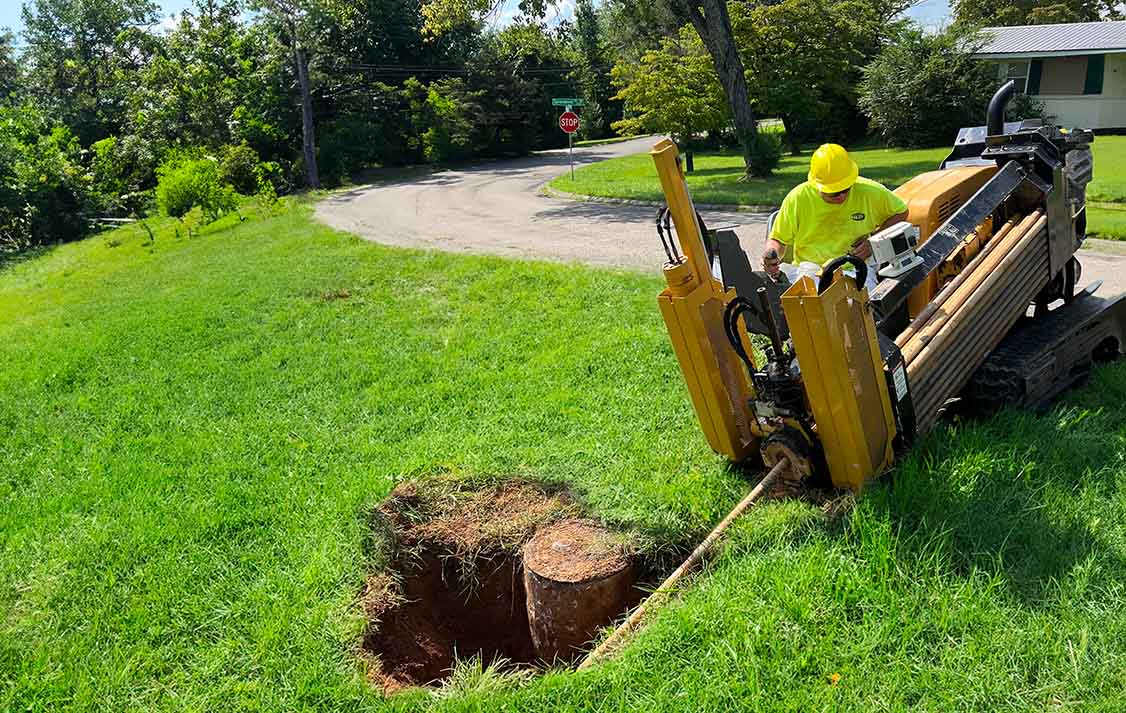

Plumbing Crisis
Your trusted partner for professional home services. Quality workmanship, guaranteed satisfaction.




- HEP
- Plumbing Crisis
Plumbing Crisis | Emergency Plumbing | Plumbing | Signal Mountain
When a pipe bursts at midnight or your water heater quits on a frosty Signal Mountain morning, you don’t have time to sift through directories—you need help now. HEP’s certified technicians live and work right here on the mountain, so they’re already near your door with fully stocked trucks and state-of-the-art leak-detection gear. From ruptured supply lines to overflowing toilets, our crew pinpoints the problem fast, explains your options in plain language, and gets the water flowing the right way again—often before other companies even return a call.
That rapid response is backed by transparent, up-front pricing and the region’s strongest workmanship guarantees. Whether you’re facing basement flooding, sewer backups, or an after-hours shut-off valve failure, our 24/7 emergency plumbing service restores comfort without the drama. One call to HEP, and you can relax knowing the crisis is handled by neighbors who care as much about Signal Mountain homes as the people who live in them.
FAQs
What situations count as a plumbing emergency in Signal Mountain?
Any issue that threatens to damage your home, create health hazards, or cuts off essential water service is considered an emergency. This includes burst or frozen pipes, sewage backups, overflowing toilets, major leaks that can’t be isolated with a shut-off valve, gas or water heater leaks, and no-water situations. If you’re unsure, call us—our dispatcher can quickly help you decide whether immediate service is necessary.
Are you really available 24/7, and how fast can you reach me in Signal Mountain?
Yes. Our emergency team is on call 24 hours a day, 365 days a year—including weekends and holidays. Because we’re based just off Taft Hwy, most homes on the mountain can expect a licensed technician at their door within 60 minutes of your call. We use GPS-tracked trucks and live scheduling software to give you real-time arrival updates.
What does an emergency plumbing visit cost?
Unlike many companies, we don’t charge hidden trip fees or mileage for Signal Mountain addresses. We have a flat emergency dispatch fee that covers the technician’s travel and initial assessment, even at 2 a.m. After diagnosing the problem, you’ll receive upfront, menu-style pricing before any work starts. Common emergency repairs—such as cutting out a ruptured copper line and installing new PEX, or clearing a main sewer clog—fall in the $150–$450 range. Nights, weekends, and holidays carry a modest surcharge that we disclose over the phone so there are no surprises.
What should I do right after a pipe bursts while I wait for the plumber?
1. Shut off the main water valve—typically located near the water meter or where the line enters your crawl space. 2. Turn off electricity to any affected area if water is near outlets or appliances. 3. Open nearby faucets to relieve remaining pressure. 4. Move valuables and furniture out of the wet area and put down towels to limit damage. 5. Take photos for your insurance claim. 6. Do NOT use space heaters on wet carpets; this can cause electrical hazards. Our technician will arrive with commercial wet vacs, fans, and pipe-repair materials to get you back to normal.
Do you handle specialized emergencies like gas water heaters, sewer ejector pumps, and slab leaks?
Absolutely. Our emergency plumbing division is fully equipped for: • Water heater failures (electric, gas, tankless—including same-day replacement if needed). • Gas line leaks—certified to perform pressure testing and safe repairs. • Sewer ejector and grinder pump malfunctions. • Slab and foundation leaks—using electronic leak detection to pinpoint problems without excessive demolition. All work meets the 2021 International Plumbing Code adopted by Hamilton County, and we pull permits when required.
How can I prevent another plumbing crisis in my Signal Mountain home?
Regular maintenance is your best defense. We recommend an annual whole-home plumbing inspection that checks water pressure, looks for hidden leaks, tests shut-off valves, and scopes sewer lines with a camera. In cold weather, disconnect outdoor hoses, insulate exposed crawl-space pipes, and keep indoor temperatures above 55 °F. Install leak-detection sensors with automatic shut-off in high-risk areas like water heaters and washing machines. Finally, know where your main shut-off valve is located—then teach every family member how to use it.